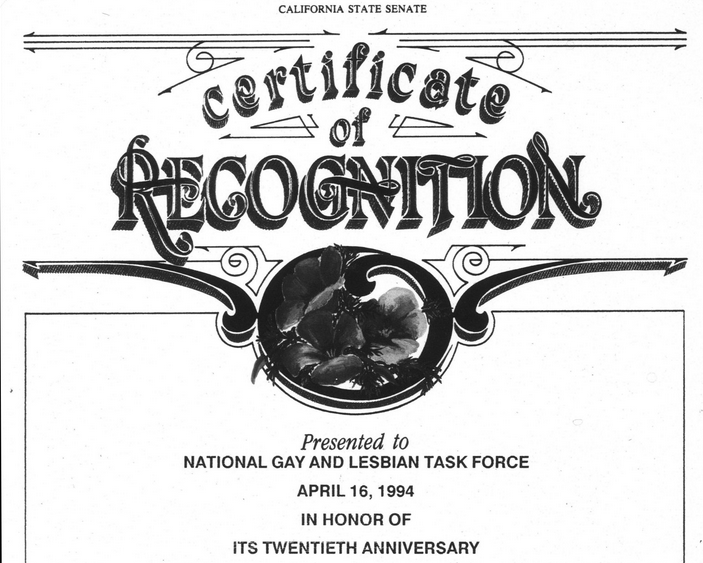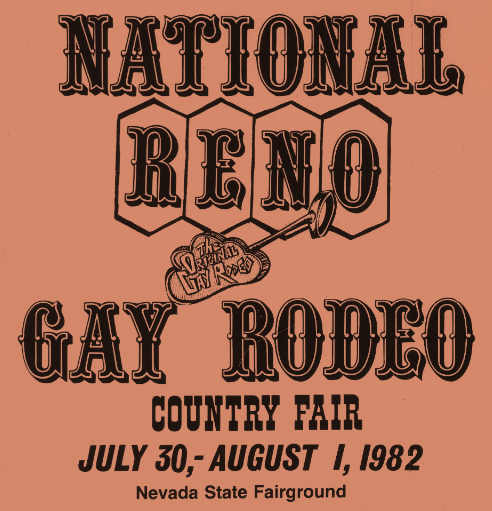
Solidarity, Division, Exclusion, and Celebration – Unearth Rare LGBTQ History
Explore LGBTQ history like never before with the Archives of Sexuality and Gender program available at the Boston Public Library with an eCard. The Boston Public Library offers eCards to all Massachsuetts residents, so get yours today! The BPL subscribes to LGBTQ History and Culture Since 1940, Part I & II and Sex and Sexuality, Sixteenth to Twentieth Century.
In-depth, global, scholarly
Archives of Sexuality and Gender: LGBTQ History and Culture since 1940, Part I
With material drawn from hundreds of institutions and organizations, including both major international activist organizations and local, grassroots groups, the documents in this database present important aspects of LGBTQ life in the second half of the twentieth century and beyond. The archive illuminates the experiences not just of the LGBTQ community as a whole, but of individuals of different races, ethnicities, ages, religions, political orientations, and geographical locations that constitute this community. Historical records of political and social organizations founded by LGBTQ individuals are featured, as well as publications by and for lesbians and gays, and extensive coverage of governmental responses to the AIDS crisis. The archive also contains personal correspondence and interviews with numerous LGBTQ individuals, among others. The archive includes gay and lesbian newspapers from more than 35 countries, reports, policy statements, and other documents related to gay rights and health, including the worldwide impact of AIDS, materials tracing LGBTQ activism in Britain from 1950 through 1980, and more.
Archives of Sexuality and Gender: LGBTQ History and Culture since 1940, Part II
Part II provides coverage of the development, culture, and society of LGBTQ groups in the latter half of the twentieth century. It provides new perspectives on a diverse community and the wealth of resources available in the archive allow for creating connections amongst disparate materials.
One of the fascinating aspects of the archive is the availability of materials such as oral history transcripts, diaries, and letters that provide a deeply personal and human interpretation of the LGBTQ experience. Some describe life in a community that was less than tolerant of homosexual lifestyles. Others describe the hardships of growing up gay and in the closet, or the difficulties involved in coming out to one’s family and friends. Other accounts detail lives well-lived, unhindered by archaic social mores, offering inspiration and a source of pride for future generations. It is these histories that truly help to put a human face on LGBTQ history.
Archives of Sexuality and Gender: Sex and Sexuality, Sixteenth to Twentieth Century
The Archives of Sexuality and Gender: Sex and Sexuality, Sixteenth to Twentieth Century looks at gender and sexuality in the centuries leading up to, and inclusive of, the period covered in Parts I and II, providing context to the materials in those collections. It examines topics such as patterns of fertility and sexual practice; prostitution; religion and sexuality; the medical and legal construction of sexualities; and the rise of sexology. It not only offers a reflection of the cultural and social attitudes of the past, but also a window into how sexuality and gender roles were viewed and changed over time.
The National Gay and Lesbian Taskforce Records, 1973-2000
Housed in this database are these records of The National LGBTQ Task Force, which is the oldest LGBTQ advocacy group in the United States still in existence. Since its founding in 1973, the Task Force has been involved with every major issue affecting gays and lesbians. The organization has combatted discrimination in employment and military service; advocated for LGBTQ civil rights; fought anti-sodomy laws; focused governmental and public attention on AIDS; exposed violence against LGBTQ individuals; advocated on behalf of gay and lesbian families; and connected and assisted LGBTQ activists nationwide. This collection documents all of these efforts and others from 1973 to 2000. It also contains the organization’s administrative records during these years. The collection does not contain files produced after 2000 nor NGLTF’s publications.
The images below are from the National Gay and Lesbian Taskforce Records, follow the links in the citations to access the item record!




